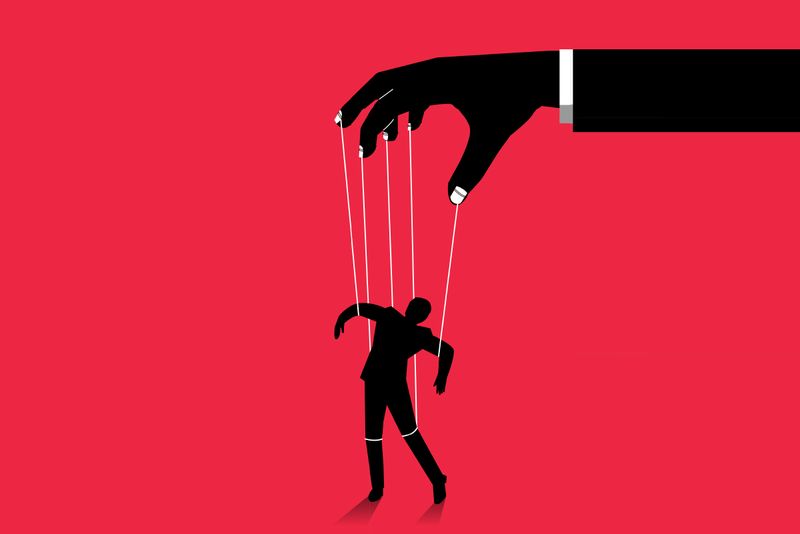Navigating human interaction can be challenging, especially when dealing with difficult personalities. Identifying subtle signs early can save you from future headaches. Here are nine signs that might indicate you’re dealing with a truly difficult person.
1. Constant Need for Validation

A person who constantly seeks validation may often appear confident, but this facade can quickly crumble without external praise. Their life revolves around others’ opinions, leaving them vulnerable to criticism.
They might fish for compliments in subtle ways, making conversations feel one-sided. This need for approval can be exhausting for those around them, as they rarely feel satisfied.
The pursuit of validation can overshadow genuine achievements, leading to a lack of self-awareness. Recognizing this trait can help in setting boundaries and managing expectations.
2. Inability to Empathize

Empathy bridges human connections, but some struggle to cross this bridge. A person who cannot empathize may find it difficult to relate to others’ emotions.
This lack of empathy often leads to misunderstandings and conflicts, as they cannot see beyond their perspective. Their conversations might lack warmth, leaving others feeling unappreciated.
Finding common ground becomes a Herculean task, as empathy is key to mutual understanding. Recognizing this issue can help in approaching interactions with patience.
3. Defensiveness in Conversations

Conversations with defensive individuals can feel like walking on eggshells. They perceive feedback as personal attacks, leading to heightened tensions.
Their immediate reaction might be to counter-argue or deflect blame, making discussions unproductive. This defensiveness can create a barrier to open communication.
With time, such behavior can erode trust and mutual respect. Understanding this defensiveness can guide you in addressing issues tactfully.
4. Manipulative Behavior Patterns

Manipulators often disguise their intentions under a veneer of charm. They possess an uncanny ability to sway opinions and mold situations to their advantage.
Their tactics might include guilt-tripping, playing the victim, or twisting facts. Such behavior can leave others feeling used and disoriented.
Awareness of these patterns can serve as a defense, enabling you to maintain control in interactions. Recognizing manipulation is the first step to countering it effectively.
5. Chronic Negativity

Negativity can cast a shadow over even the sunniest of days. A chronically negative person often dwells on problems rather than solutions.
Their pessimism can be contagious, dragging down the mood of those around them. Conversations often veer towards complaints, leaving little room for positivity.
Understanding this tendency can help in maintaining your emotional well-being and preventing their negativity from affecting you.
6. Unwillingness to Take Responsibility

Dodging responsibility can strain relationships. Some individuals are quick to blame others rather than acknowledging their role in a problem.
This behavior might stem from fear of failure or low self-esteem, and often leads to unresolved issues. Their refusal to accept accountability can hinder personal growth.
Recognizing this trait can guide you in fostering accountability and encouraging constructive dialogue.
7. Frequent Mood Swings

Mood swings can make interactions unpredictable. A person with frequent mood changes may leave others confused about their true feelings.
These swings might be triggered by minor incidents, creating a turbulent environment. Their volatile moods can strain relationships and lead to misunderstandings.
Understanding these fluctuations can help you maintain stability and cope with the emotional rollercoaster.
8. Excessive Control Issues

The need to control every aspect of life can be overwhelming. Such individuals often impose their will on others, stifling creativity and freedom.
Their attempts to micromanage can lead to frustration and resentment. The lack of autonomy can make others feel trapped in a stifling environment.
Recognizing control issues can assist in setting boundaries and fostering a healthier dynamic.
9. Tendency to Hold Grudges

Holding onto grudges can be like carrying a heavy burden. Some people struggle to forgive and forget, letting past grievances fester.
This tendency may result in strained relationships and a reluctance to move forward. The inability to let go can hinder personal happiness and growth.
Recognizing grudges can guide you in encouraging reconciliation and fostering a forgiving environment.

